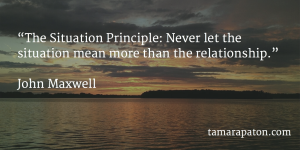

In our quest to build a board career, we commonly look at any opportunity – and every opportunity – with a hopeful bias. Over the long run, avoiding bad boards can be as important as landing on a great one.
Warren Buffett warns us that bad economics trump a brilliant manager. The same holds true for bad boards and capable, well-intentioned directors.
One such director recently stepped down from a US public service board, calling her 14-month term “a regrettable education”.
When a nominations committee calls today, I ask myself 6 questions:
1. How well do I know the organization?
I like being a director who is also an enthusiastic customer and brand ambassador. To get an insider’s view, I mine my network for a few straight-talking employees. A short consulting assignment for the board is a great way to date before you marry. And retired directors can often be a source of unvarnished truth.
Once we have that micro view of a company, we can round out our research via crowdsourcing. Glassdoor and online customer communities tell one part of the story. I always post a note to my social networks to see who in my circle can report on a company’s good, bad and ugly. And you might think that checking into a non-profit’s tax status is overkill. In reality, due diligence can help you sidestep huge personal and professional risk.
2. Who serves on the board today?
Weak directors represent a risk unto themselves. Directors must confidently rely on one another’s judgment, expertise and integrity.
Despite the temptation to equate big names with director quality, we are better off understanding the tangible contributions directors make to the board today. Can the chair articulate the way each director made a difference in the last few meetings? I always ask to gauge for deadweight.
3. In what manner has the organization approached me?
If we feel rushed or dislike anything about the recruitment process, there is a good chance that we will dislike being on the board.
The way an organization builds relationships with potential board members conveys a great deal about the capabilities and the role of its board. Strong nominations committees court candidates for several months or even years. Avoiding bad boards can be as simple as reflecting on the recruitment process timeline.
4. What does the organization need from me?
A board might wish to round out its skill set with some legal expertise. But do they need an international tax law expert or a commercial real estate lawyer?
In our attempt to build a career as corporate directors, it is tempting to take an assignment and figure out ways to add value once on the scene. I have done this myself and regretted it every time. Ultimately, if a board doesn’t take time to align on a director’s role, then I worry about the rigour surrounding other governance practices.
5. What will the organization teach me?
Although corporate board roles are paid, the financial remuneration alone does not make them worthwhile. In exchange for significant time commitment and assumption of risk, corporate directors need to learn something meaningful at each organization.
For example, I serve on an advisory board in the digital media space. The principal updates me on new developments at a rate that makes my head spin. After several years together, this board has trained me to understand digital trends quickly. This board has taught me to cut through to the actionable, value-creating insight.
It helps to begin each board assignment intent on what we are going to learn. Unfortunately, some opportunities fall short here. If we find that we are the brightest light in a room, then it’s time to find a new room.
6. Are the board chair and CEO receptive to questions?
Naturally, the tone of our questions sets the stage here. A posture of humble curiosity and respect for the organization that the CEO has built are a given. If a CEO is proud of her organization, she could talk all day about her team. But if she views the board as a necessary evil, the conversation will be superficial and dismissive.
Vague responses and evasive maneuvers sound alarms in my head. Although it’s natural for a CEO to feel defensive when an outsider pokes around, I need to see genuine dialogue before joining a board.
The risks we take as directors are increasingly high. Before I am willing to take that risk, I screen opportunities judiciously. What questions do you ask when a new board comes calling? How do you evaluate the risks and rewards associated with each opportunity?










